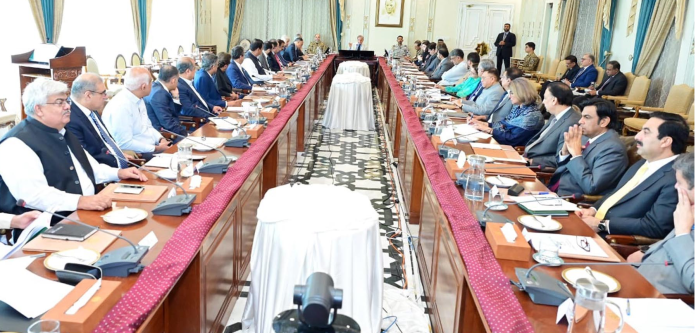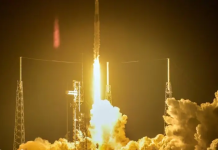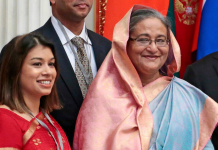ISLAMABAD, JUN 5 (APP/DNA):Prime Minister Muhammad Shehbaz Sharif on Thursday called for an urgent and united national response to safeguard the country’s future against warning of India’s increasing attempts to weaponize the Indus Waters Treaty.
The prime minister addressed a high-level meeting convened here at the Prime Minister’s Office to discuss Pakistan’s water security, which was attended by Deputy Prime Minister and Foreign Minister, Senator Mohammad Ishaq Dar, Chief of Army Staff Field Marshal General Asim Munir, federal ministers, chief ministers of all provinces, and senior civil and military officers. The Prime Minister welcomed the participants and emphasized the single-point agenda of the session: tackling the water crisis and India’s ongoing threats.
Referring to India’s actions following its recent military defeat, the Prime Minister said, “Instead of learning from its mistakes, India has now shifted its aggression toward the Indus Waters Treaty of 1960, posing dangerous threats to our water security. These threats are not decreasing but growing with every passing day.” He added that the world community has rejected India’s unilateral moves and denounced its aggressive posture.
However, he stressed that Pakistan must not remain complacent. “It is our duty to take this issue seriously for the sake of our future generations. As a lower riparian state, we must rise to this challenge with unity and resolve.
The decisions we take today must earn the pride of our children tomorrow,” he stated. Shehbaz Sharif described the war victory as a blessing of Almighty Allah and said the only way to show gratitude was by building a prosperous and strong Pakistan. “This will not happen through rhetoric. It demands sacrifice, sweat, and tireless effort—especially in the economic arena, where the federation and provinces must work together to shape a better future for 240 million Pakistanis,” he said.
Referring to Pakistan’s legal rights under the Indus Waters Treaty, the Prime Minister reiterated that the Indus, Jhelum, and Chenab rivers fall under Pakistan’s control and the treaty could not be withdrawn unilaterally by India.
He also pointed to global legal frameworks like the UN Watercourses Convention and recent international climate forums as potential avenues for diplomatic recourse. He underscored the need for consensus-based water storage development, saying, “There is no controversy among Sindh, Punjab, KP, or Balochistan on this front. I will not touch controversial issues, but where there is complete unanimity, we must move swiftly and decisively.”
The Prime Minister also highlighted the pressing issue of sedimentation in Tarbela and Mangla dams, reducing their water storage capacity.
He warned that without bold decisions now, future generations will suffer. “Living nations plan for their future. Our armed forces stood shoulder to shoulder with the people in defending our homeland; now we must fight together for our water security,” he remarked.
He lauded the recent diplomatic successes of Pakistan, including the approval of development loans by the World Bank and the Asian Development Bank, despite Indian lobbying efforts. “India failed to block Pakistan’s projects despite three days of intense lobbying. I congratulate the Finance and Economic Affairs Ministers and relevant secretaries on this national diplomatic achievement,” he said.
In conclusion, PM Shehbaz Sharif urged all provinces to commit fully to the national cause of water security. “History remembers those who took bold and timely action in the face of great challenges. Let us be remembered for building a stronger, united, and self-reliant Pakistan,” he stated.

















